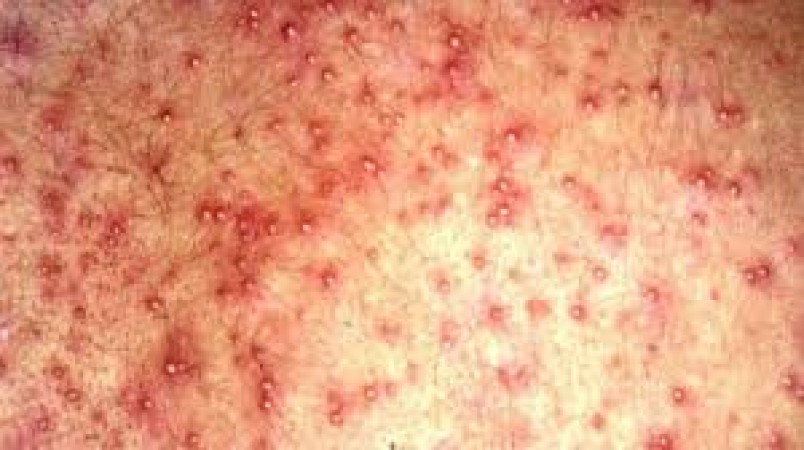
Heat rash, also known as prickly heat, is a common skin condition that occurs when sweat gets trapped in your pores, leading to irritation and inflammation. It often presents as small, red bumps accompanied by itching and discomfort. While heat rash typically resolves on its own, it's essential to take steps to alleviate symptoms and prevent further damage to the skin. One effective approach is to focus on wearing comfortable clothing that promotes healing and prevents exacerbation of the condition.
Heat rash develops when sweat ducts become blocked, trapping sweat beneath the skin's surface. This blockage can occur for various reasons, including hot and humid weather, tight clothing, vigorous physical activity, and certain fabrics that hinder sweat evaporation. The trapped sweat then irritates the skin, leading to the characteristic red bumps and itching associated with heat rash.
Choosing the right clothing is crucial when dealing with heat rash. Comfortable clothing allows the skin to breathe and helps prevent further irritation. Here are some tips for selecting suitable garments:
Loose-fitting clothing allows air to circulate freely around the body, reducing sweat accumulation and minimizing friction against the skin. Avoid tight-fitting garments that can exacerbate heat rash by trapping sweat and causing additional irritation.
Select fabrics that are lightweight and breathable, such as cotton or moisture-wicking materials. These fabrics help absorb excess moisture from the skin and promote airflow, keeping you cool and comfortable even in hot and humid conditions.
Synthetic fabrics like polyester and nylon tend to trap heat and moisture, increasing the risk of heat rash. Opt for natural fibers like cotton, linen, or bamboo, which allow for better ventilation and are less likely to irritate sensitive skin.
Moisture-wicking clothing is designed to pull sweat away from the skin and quickly evaporate it, keeping you dry and comfortable during physical activity or in warm environments. Look for moisture-wicking shirts, shorts, and undergarments to help prevent heat rash and maintain skin health.
In addition to wearing comfortable clothing, there are several other measures you can take to manage heat rash and promote healing:
Keep the Skin Cool and Dry: Stay in air-conditioned spaces or use fans to help reduce sweating. After bathing or showering, gently pat the skin dry with a soft towel and avoid rubbing or scrubbing, which can further irritate the rash.
Apply Calamine Lotion: Calamine lotion can help soothe itching and inflammation associated with heat rash. Apply a thin layer to affected areas and allow it to dry before dressing.
Stay Hydrated: Drink plenty of water to stay hydrated, especially during hot weather or when engaging in physical activity. Proper hydration can help regulate body temperature and reduce the risk of heat-related skin conditions.
Avoid Heavy Lotions and Ointments: While moisturizing the skin is important, heavy lotions and ointments can clog pores and worsen heat rash. Opt for lightweight, non-comedogenic moisturizers that won't block sweat ducts.
Heat rash can be uncomfortable and irritating, but with the right approach to clothing and skincare, you can effectively manage symptoms and promote healing. By choosing loose-fitting, breathable clothing and taking steps to keep the skin cool and dry, you can minimize the risk of heat rash and enjoy greater comfort, even in warm weather.
This powerful car entered the market with black styling pack, what is the price of this new edition?
Know how Tata Motors' new Sanand plant is, it was acquired from Ford last year